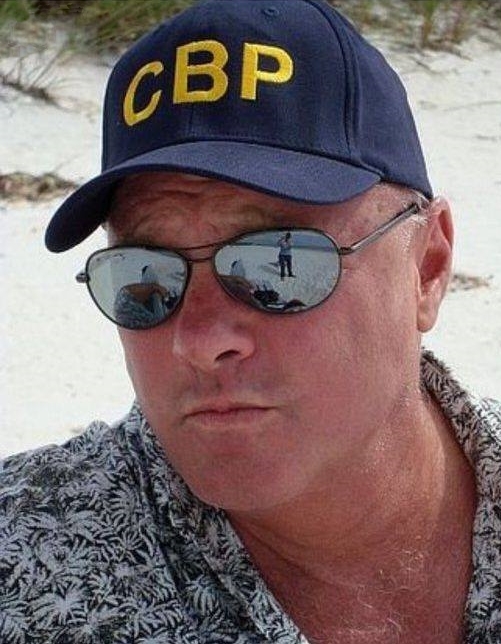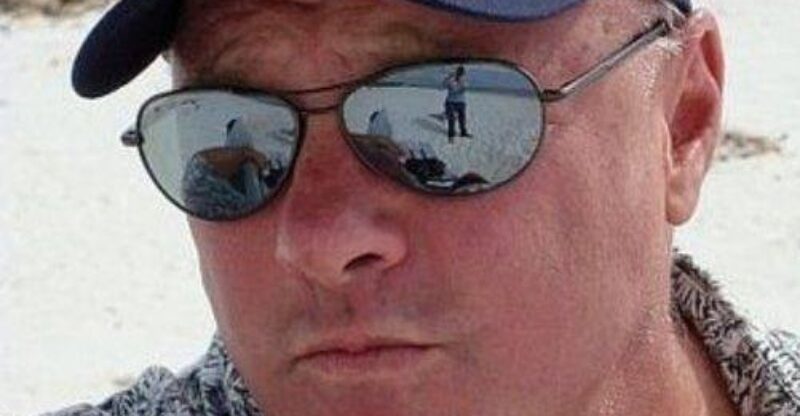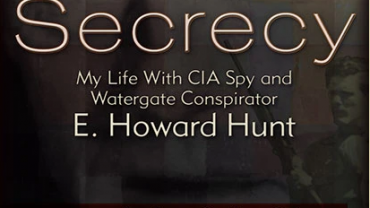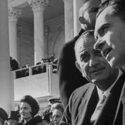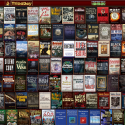The Journey 132. Daniel Hopsicker: GANGSTER PLANET (Daniel’s Next Book and Our Home Sweet Home)
Publisher R. A. “Kris” Millegan speaks with Daniel Hopsicker, author of BARRY & ‘THE BOYS’ and WELCOME TO TERRORLAND, about how “every intelligence agency on the planet” (including the CIA) trafficks drugs to make big money; the drug smuggling that Daniel discovered (which the mainstream won’t report) at Huffman Aviation Flight School in Florida, where 9/11 “hijackers” trained; and Daniel’s upcoming book, GANGSTER PLANET (soon available at MadCowProd.com).
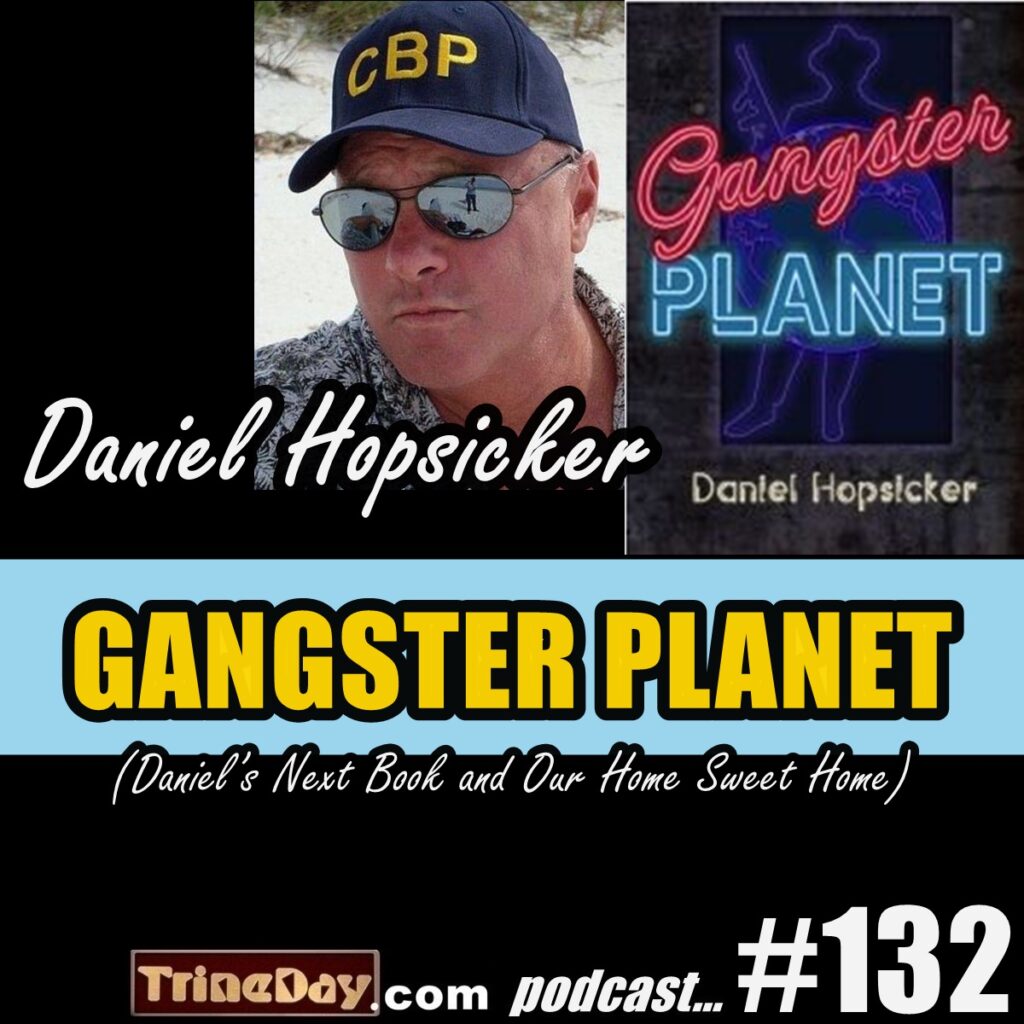
Kris: Anything happening with CIA-drugs?
Daniel: Well, YEAH. There’s always something happening with CIA-drugs. The book’s coming out. [GANGSTER PLANET.] And if anything else were needed to sink Donald Trump’s prospects in 2024, the book will have it.
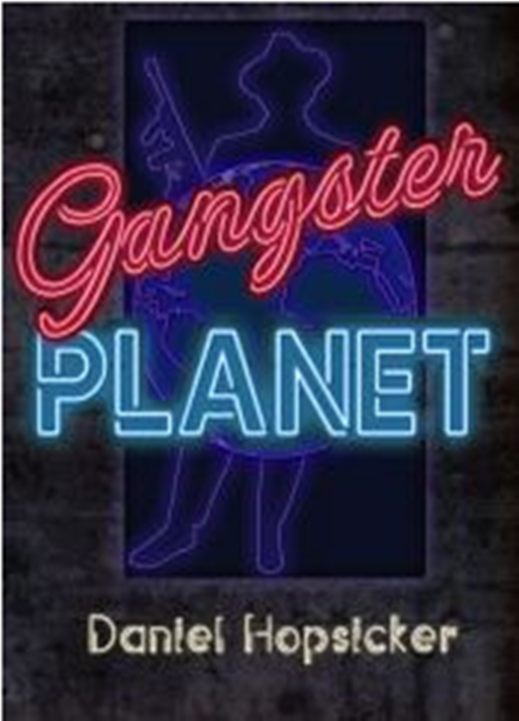
Kris: I was talking with Daniel Estulin the other day and I mentioned the importation of narcotics by intelligence agencies, and he said every intelligence agency on the planet now does it. They learned from the CIA that that’s a way to raise [big] money.
Daniel: In every country on the planet in which there is a significant illicit drug market, the people who control it are the same people who control the country. That’s a large pot of loot and none of us get a share of it and we don’t get to say where it goes.
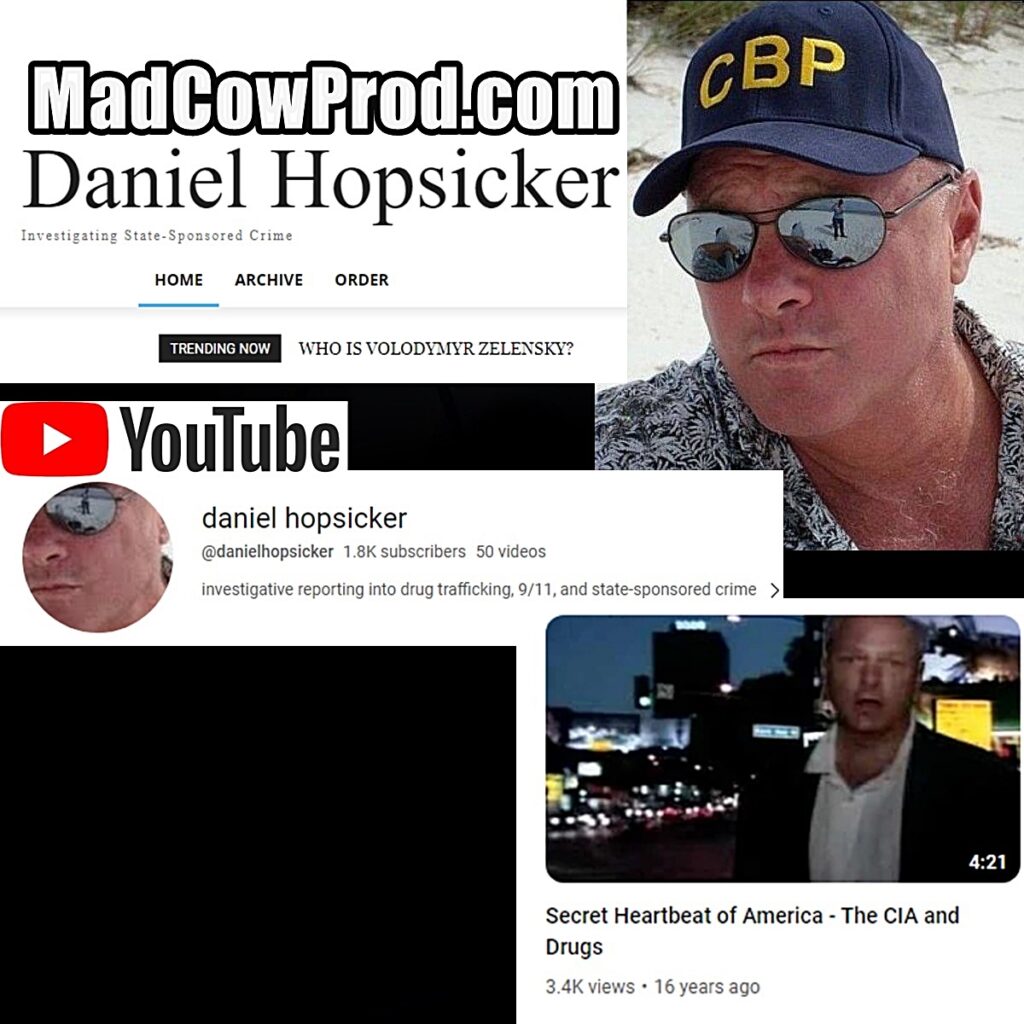
Kris: I’ll never forget coming home from Portland State. I drive into the driveway and my dad’s standing against the house. I get out of the car, and I look at my dad, and he says, “Well, you know, they’re out to opiate your whole generation.” I told him, “Well, I don’t see that stuff. I don’t look for it. I just smoke some pot.” And then he said, “I don’t care. You’re still making money for THEM.”
How much corruption does the drug trade create?
Daniel: It creates enough to continue to propagate itself year in, year out. Sometimes it’s very visible. And sometimes it recedes into the background.
My understanding is that there’s more cocaine being consumed [today] than even back in the days when it was considered an epidemic, back in the cocaine-fueled 1980s, when there was much talk about it. In the ‘90s, there was [even] more cocaine, but it was no longer in the news every day.
Kris: Now you’ve got these boats come in with, what – twenty tons and more. Huge amounts.
Daniel: Organized crime I think of as a candy store in Brooklyn that does a little loan sharking and every once in a while sells things that “fell off the back of a truck.”
Trans-national organized crime, which is what we have now, is a three-block long container ship, owned by the Mafia, that drops off nineteen tons of cocaine in Philadelphia and then [goes back for more? The sound got choppy]. It’s a global distribution system that’s probably more effective than Proctor and Gamble.
Kris: And they really obfuscate who owns these things, because you start looking at them and you see some Chinese people, you see some Switzerland folk, you see some Italian folk, you see some Balkan folk. Trans-national is obviously correct there, Daniel.
Daniel: I think of the dual loyalties that it creates. Here’s an example. Two weeks after [two of the accused 9/11 hijackers] arrived in Venice, Florida to attend Huffman Aviation flight school, the owner of the school, a supposed insurance executive, had his Lear jet busted on a runway at Orlando executive airport with forty-three pounds of heroin onboard. Forty-three pounds of heroin is what’s known in the trade as “heavy weight.” Nobody stumbles upon forty-three pounds of heroin by mistake.
Kris: And those trips were happening weekly. And you’ve been the only person talking about it. [Click for DANIEL’S YOUTUBE CHANNEL.] What are some of the excuses you get from quote-unquote journalists as to why they don’t cover it.
Daniel: I don’t [get any excuses]. It’s just understood that the knowledge I have is verboten and outside the realm of any journalist that wants to progress in journalism. That’s just the way it is.
In defense of our country, they don’t kill you. They don’t have to kill you. They are able to [keep] anything I find out from reaching any sort of audience that would be able to make an issue of it. So, I’m grateful to be alive and I’m grateful that they don’t have to kill you.
Kris: You’ve been shoved off into a corner. It’s really sad.
Daniel: I remember when the author of the last big book about 9/11 came down to Venice, Florida to spend time with me. Spent a whole month. And yet nothing I told him made it into the book. Not even the things that he was able to verify for himself.
Kris: This is Anthony Summers, right?
Daniel: That’s right.
Kris: So, what does that mean, that he didn’t report anything that you showed him?
Daniel: That he’s a careerist first and a reporter second. Isn’t that the way most people are? I always thought that if you got into a subject area that was liable to expose official wrongdoing that you had a sacred responsibility to tell the truth.
That’s pretty much the long and short of it, my friend. Each one of us has to make his own deal with the hereafter. Anytime I found something out, I couldn’t wait to divulge it.
Kris: And you’d write things and people would pop up and say, “Oh, you can’t say THAT.” I remember you talked to this one guy about Barry Seal and he said, “I was glad to talk to you about some old stuff but you’re talking about current operations.”
Daniel: There is a whole chapter in GANGSTER PLANET that explains why Venice, Sarasota, and Saint Petersburg, Florida have weighed so heavily in the drug trade. That’s because America’s first famous drug-smuggling general, Claire Chennault and the Flying Tigers, learned to fly in Venice, Sarasota, and Saint Petersburg.
It’s also because the [founder?] and the owner’s father of the Sarasota HERALD-TRIBUNE both spent World War Two detached to Kuning, China, which was where the heroin trade was centered at that time. They were lifelong members of whatever the inside society was. They definitely kept [accused 9/11 hijacker] Mohamed Atta’s name out of the papers.
Kris: And you’ve uncovered all this corruption that’s kind of centered around that area with all the penny stocks and all that stuff. You’ve done an amazing job of corralling facts and putting them together and showing things.
Daniel: If you have a fatal disease or a potentially fatal disease [like I do], getting the truth out of doctors is like pulling teeth. I have anywhere between ten days and five-plus years to live. I’m seventy-one years old. I don’t think anyone dying at that age is dying in any sort of tragedy. I’ve had a good life. And there’s nothing I’m going to find out, if I live another couple of years, that I basically don’t know now. So, I’m enjoying my life.
